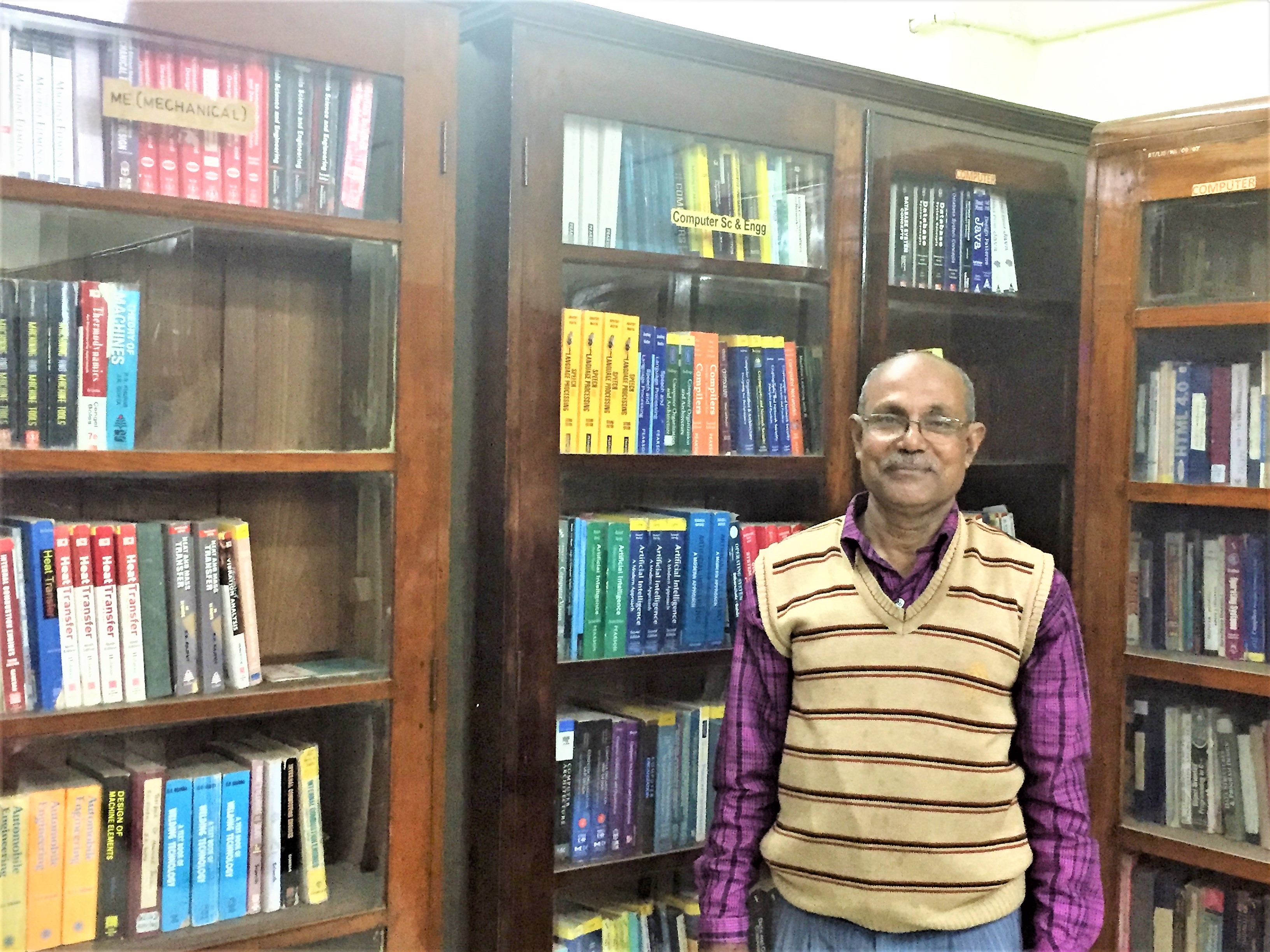
When one great is inspired by another
Can industry and academia work together to promote the overall competitiveness of a sector through exchange of ideas and innovation, through synthesis of organizational and academic practice and discipline? The jury may be out on that one, yet there is one example that not only tilts the scale heavily towards the potential of success of a collaborative engagement such as this, but also serves as a model par excellence on account of the precedence that it has set: The Warwick Manufacturing Group (WMG) founded by illustrious British-Indian engineer, academic, manufacturing expert and leading consultant for industry and governments -- late…

